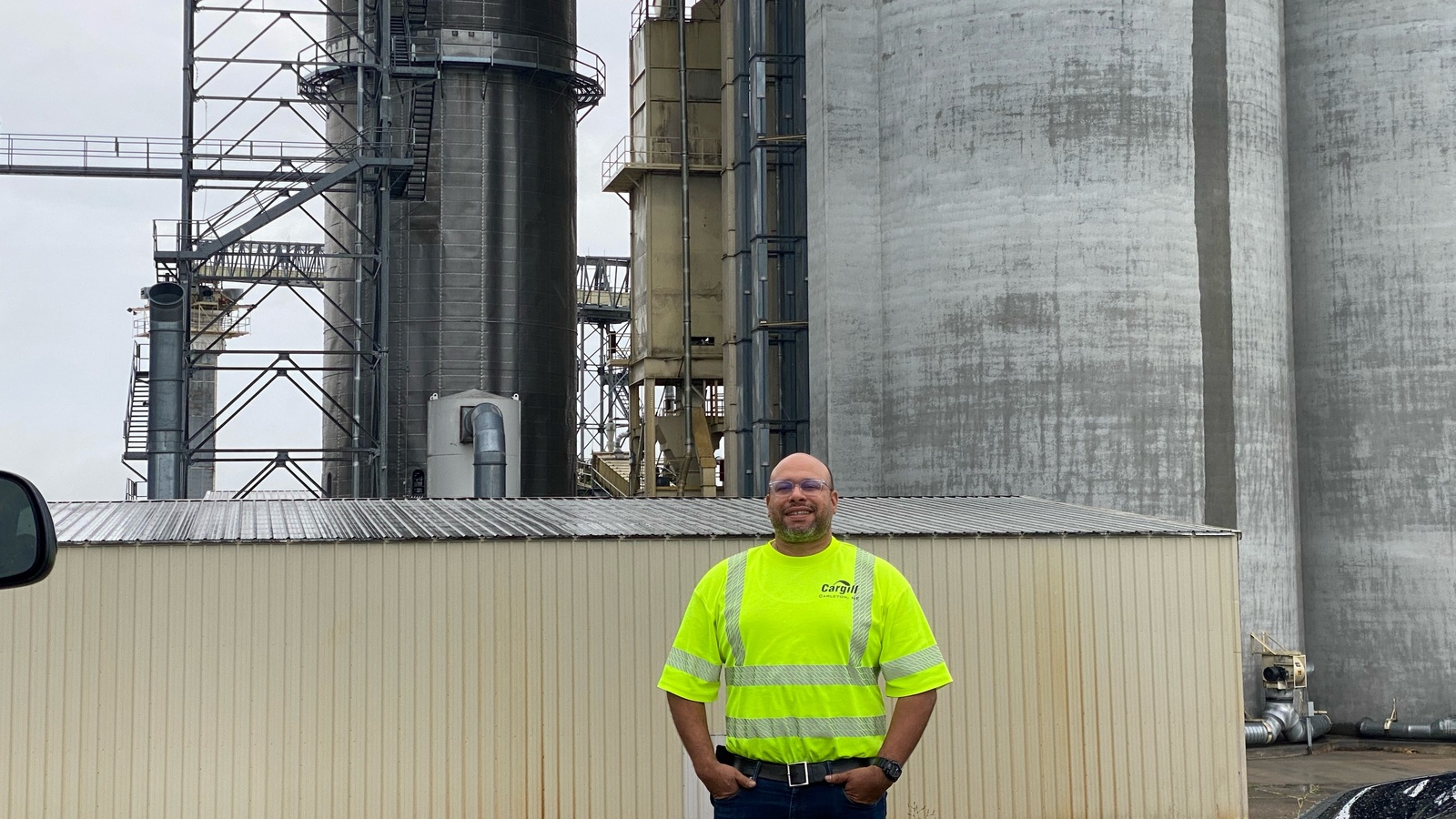An Army Vet Finds a New Mission in Manufacturing

Fernando Gonzalez grew up admiring his aunt because she served in the army—and when it came time for him to choose a career, he wanted to follow in her footsteps. He joined the U.S. Navy when he graduated from high school, working in navigation. But he still wanted to continue his education, so he eventually went to college, supporting himself by working as a security guard and later as a customer service representative for an auto company. At the same time, he joined the U.S. Army National Guard—giving him plenty to do all at once.
- “I was doing school, work and the National Guard,” said Gonzalez. “I suppose I’ve had a kaleidoscope kind of career—lots happening all at the same time.”
- Eventually, he decided to return to active duty and joined the U.S. Army as an industrial maintenance specialist. But when he completed his service, he found himself looking for a new kind of role.
A new path: As he was preparing to leave active duty, Gonzalez took advantage of the U.S. Department of Defense’s SkillBridge program through his local transition office. It was there that he learned about The Manufacturing Institute’s Heroes MAKE America initiative. He joined the logistics career skills training program at Fort Stewart near Savannah, Georgia—led by Heroes MAKE America and education partner Savannah Technical College—and got to work.
- Through an eight-week accelerated training program, he learned about manufacturing while also getting hands-on experience.
- After interviewing with a recruiter from Cargill, a global food corporation based in Wayzata, Minnesota, Gonzalez was offered a position. Today, he works at the company as an operations manager.
What is Heroes MAKE America? The MI—the workforce development and education partner of the NAM—designed Heroes MAKE America as an integrated certification and career-readiness training program that helps prepare transitioning service members, veterans, National Guard members, reservists and military spouses for careers in manufacturing. The initiative offers in-person training and remote training options, as well as career support and placement.
A positive experience: Gonzalez enjoyed the opportunity to learn about manufacturing and logistics and particularly appreciated being exposed to a wide array of careers in the industry.
- “Heroes was great,” said Gonzalez. “We toured some plants in the Savannah area, near where I was stationed in Fort Stewart. We saw a crew ship at port, we toured a steel mill, we learned about manufacturing and logistics.”
A smooth transition: Gonzalez found that his new career had plenty of similarities with his time in the military, making it a good match for the talents and work style he had honed there.
- “The soft skills correlate,” said Gonzalez. “You still deal with people; you still deal with some type of chain of command. You have goals for the day, the week, the quarter. In the military, we talk about missions, and that’s still what we do here. In the military we have this attitude of getting things done, figure it out. It doesn’t matter if you haven’t done it before—you figure it out and make it happen, and that’s been true here, too.”
A great job: Gonzalez has enjoyed learning new processes and applying his skills in new areas, working to maintain and operate equipment that receives, stores and loads commodities like corn and soybeans onto train cars for shipping. “Every day I learn something new,” he said.
The last word: “Manufacturing is a crucial industry,” said Gonzalez. “It has incredible opportunities at all skill levels. It’s vital to our country, to our security. And it’s not going away.”
